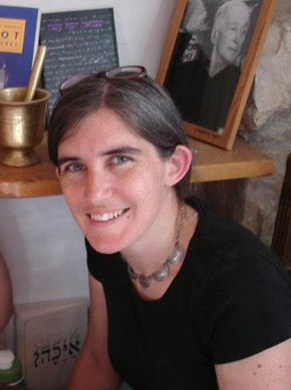
Taking Time: A Resource for Shabbat by Rabbi Jill Jacobs
God, according to the Torah, created the world in six days and then rested on the seventh. This doesn’t mean that the world was perfect at the end of the sixth day of creation. Rather, God models the necessity of taking just one day to experience the world as it is, while acknowledging our own limitations in perfecting it.
read more








